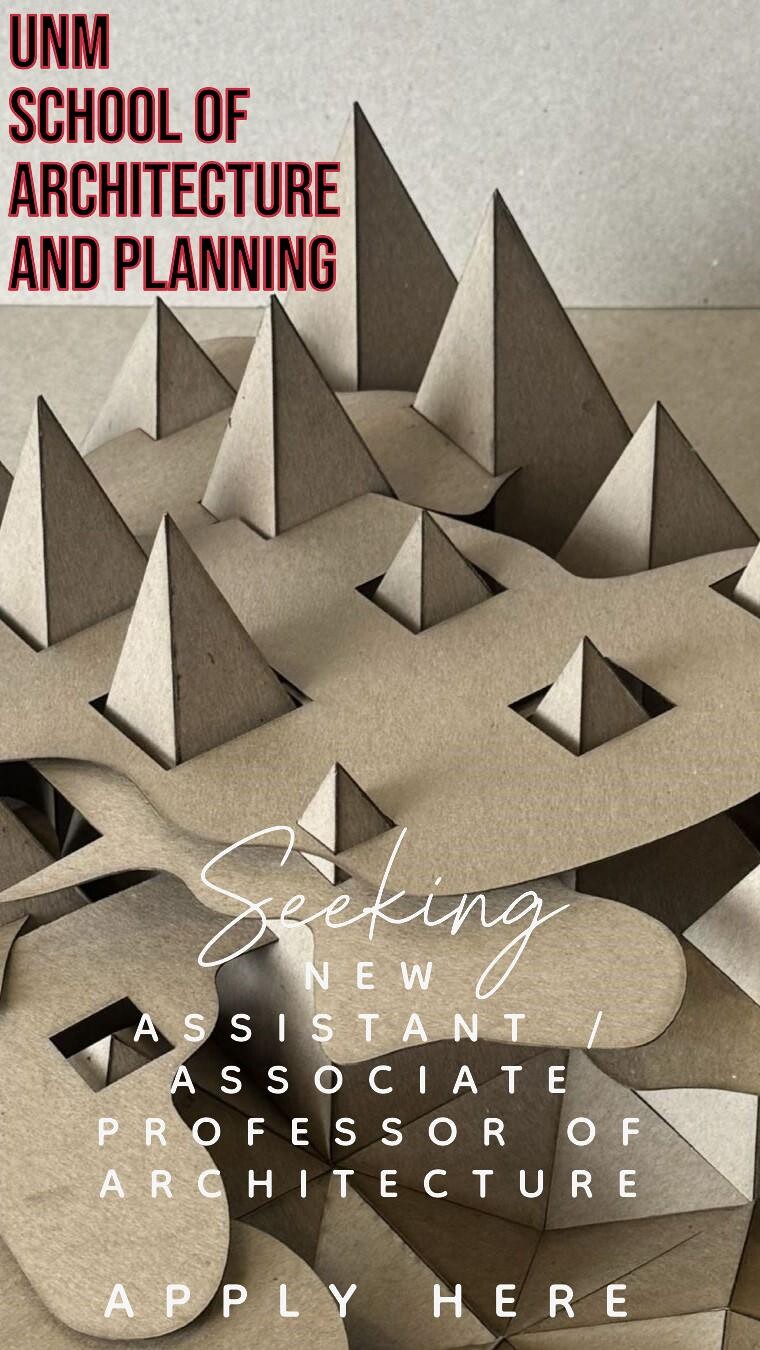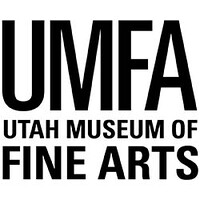October 27, 2017–May 20, 2018
Marcia and John Price Museum Building
410 Campus Center Drive
Salt Lake City, Utah 84112-0350
United States
Hours: Tuesday–Saturday 10am–5pm,
Wednesday 10am–9pm
T +1 801 581 7328
F +1 801 585 5198
Katie Paterson’s Totality (2016) is a large ball, 85 cm in diameter, covered with about 10,000 images of historic solar eclipses printed on tiny squares of mirror. Records of mankind’s universal fascination with this celestial event, the images were generated at locations across the planet over hundreds of years. The earliest reproduction is of a drawing of the June 24, 1778 eclipse, but most of the images are photographic, from early nineteenth photography to today’s most advanced telescopic images. Totality is hung at eye level in the center of a dark gallery. Two beams of light strike the planet-like orb from opposite sides of the room as it rotates, casting a galaxy of eclipses, collapsed over time and space, across the room and its visitors.
Though the science of eclipses has been well understood for centuries, they remain powerful symbols of the sublime. Paterson’s work often invokes references to the sublime, yet while it both humbles us before the incomprehensible majesty of the universe and acknowledges the awesome forces of technology, some aspects seem almost anti-sublime. Though monumental in scope, her works can be visually understated and familiar, a tactic Paterson uses to reach across time and space to relate human and cosmic scales. She collaborates deeply with biochemists, engineers, and astrophysicists but ultimately looks beyond the framework of math and science to describe the unseeable, to communicate the unfathomable, and to imagine the unknown. She enlists the accessible aesthetics and languages of modern, if not old-fashioned, technology such as radio waves, candles, pianos, and disco balls, to translate the seemingly incomprehensible into relatable concepts. By transporting us hundreds of years through human history or millions of miles through space, Paterson underscores our connectivity to the universe.
Paterson remembers first becoming aware of her own place in the universe while spending extended time in Iceland. “Being around all these incredible natural events such as the glaciers and the exploding geysers and volcanoes, where the earth is warm and it is moving, I suddenly had the sense that here I am, standing on the planet, and it is revolving around another star.” This landscape-induced “ah-ha moment” was similar to the experience of artists who ventured into the vast expanse of the American West in the 1960s and 70s. Nancy Holt, describing in 1977 the desert landscape of Utah where she situated her earthwork Sun Tunnels a year prior, said “walking on earth that has surely never been walked on before evokes a sense of being on this planet, rotating in space, in universal time.”
Totality’s methodical grid nods to minimalist and conceptual art practices that also took form in the 1960s and 70s. Artists like Holt used the grid, particularly in photography, to depict a repetition of forms or a sequential passing of time to illustrate an idea according to systematic rules. Though admittedly an incomplete record, Totality expresses in a compressed, digestible form the regularity of a cosmic event. It communicates on a wavelength beyond empirical languages, eliciting another form of knowing: through the body and its senses. Totality overpowers the room and envelops the viewer in a spinning crush of celestial events collapsed over hundreds of years, inducing a state of wonder, if not physical disorientation, appropriate to the awesome subject at hand.
salt 13: Katie Paterson is the thirteenth installment of the Utah Museum of Fine Arts’ ongoing series of exhibitions showcasing work by emerging artists from around the world. The exhibition is made possible through a generous grant from The Andy Warhol Foundation for the Visual Arts.
1. Katie Paterson quoted in Luke, Ben. “Katie Paterson: Me and my meteorite.” Evening Standard. 24 April 2012.
2. Nancy Holt quoted in Lippard, Lucy. Overlay: Contemporary Art and the Art of Prehistory. New York: Pantheon Books: 1983, p.106.


